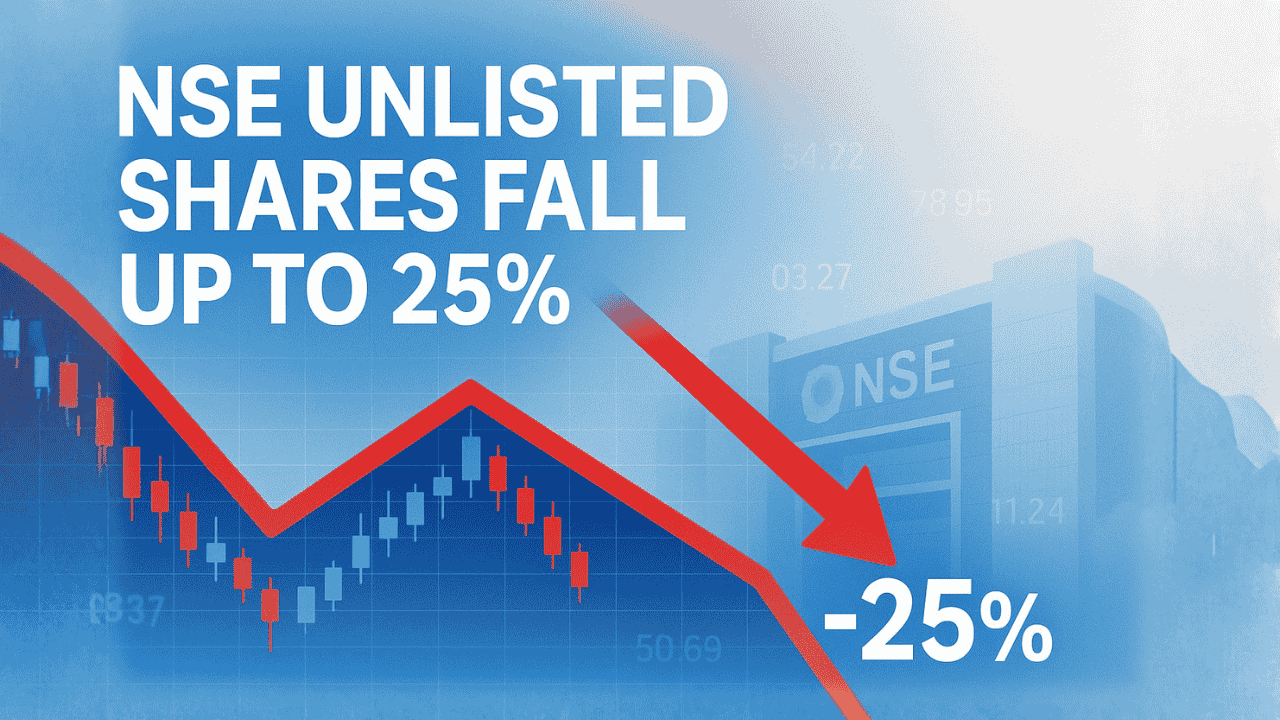The dream of investing in high-growth companies before they hit the public market is a powerful one. Pre-IPO shares and unlisted shares offer this exciting potential, allowing you to get in on the ground floor of the next big success story, much like early investors in NSE or Tata Capital. However, unlike publicly traded stocks, the unlisted stock market operates with less transparency and liquidity, making due diligence absolutely crucial.
If you’re considering this unique form of early-stage investment, you need a solid plan. Here are the five critical checks you absolutely must perform before you invest in pre-IPO shares or buy unlisted shares:
1. Deep Dive: Understanding the Unlisted Company’s Fundamentals
Don’t let the buzz overshadow solid research. Your first step to how to buy unlisted shares effectively is to deeply understand the company:
- Business Model: What exactly does the company do? How does it generate revenue? Is its business model scalable and sustainable for long-term growth?
- Financial Health: Request and rigorously review their financial statements for the past 3-5 years. Look for consistent revenue growth, profitability (or a clear path to it), healthy cash flow, and manageable debt levels. This is vital for any private equity investment.
- Management Team: Who are the key players running the show? What is their experience and track record? A strong and ethical leadership team is a significant indicator of future success in the unlisted share market.
- Industry & Market Potential: Is the company operating in a growing sector? Who are its competitors, and what is its unique competitive advantage?
2. Is the Price Right? (Unlisted Share Valuation)
Accurately figuring out the valuation of unlisted shares is more art than science. Overpaying can significantly reduce your potential returns.
- Valuation Methods: Companies in the unlisted market often use methods like Discounted Cash Flow (DCF) or Comparable Company Analysis (CCA). Understand how these methods are applied.
- Beware of Overvaluation: Be very cautious if the valuation seems excessively high compared to industry peers or the company’s performance. Don’t let the excitement of a potential high-growth potential unlisted share blind you to an inflated price.
3. Verify Ownership and Legal Standing
This is a critical step to prevent fraud and ensure your investment in unlisted shares is legitimate:
- Share Transferability: Confirm the exact process for transferring the unlisted shares into your Demat account. You must receive a Client Master Report (CMR) from your Depository Participant (DP) showing the shares reflected in your account.
- Company’s Legal Status: Ensure the company is properly registered with the Registrar of Companies (RoC) and complies with all relevant legal and regulatory requirements under the Companies Act.
- Litigation & Liabilities: Are there any ongoing legal cases against the company or significant contingent liabilities that could impact its financial stability? This is a crucial part of due diligence for unlisted shares.
4. How Will You Sell These Shares? (Liquidity & Exit Strategy)
This is one of the biggest risks of unlisted shares: their limited liquidity. You can’t just sell them instantly like public stocks.
- Limited Liquidity: Finding a buyer can be challenging and time-consuming. You might have to wait for an IPO, a buyback by the company, or another private transaction.
- Long-Term Investment: Be prepared for a significant holding period, often several years, before a liquidity event occurs. This is a characteristic of most startup investment opportunities.
- Exit Avenues: What are the potential exit strategies unlisted shares offer? Is an IPO on the horizon? Is an acquisition likely? Does the company have a history of buybacks?
5. Trust Your Source: Due Diligence on the Intermediary
Unless you’re buying directly from the promoters, you’ll likely use an unlisted shares broker or a specialized platform. Their credibility is paramount.
- Reputation & Track Record: Choose an intermediary for unlisted shares with a strong reputation and a proven track record. Look for positive reviews and testimonials.
- Transparency: A reliable intermediary will be transparent about their fees, the share transfer process, and any potential risks of unlisted shares involved.
- Proper Documentation: They should provide all necessary legal documents, including the share purchase agreement, and facilitate the smooth transfer of shares.
Where to Learn More?
Navigating the nuances of the unlisted share market requires continuous learning. For those looking to deepen their understanding of this unique investment landscape, including insights into delisted or unlisted stocks, valuable resources can be found online. Platforms like delistedstocks.in offer comprehensive information to help you navigate the intricacies of these less-explored segments of the market, complementing your own due diligence efforts.









